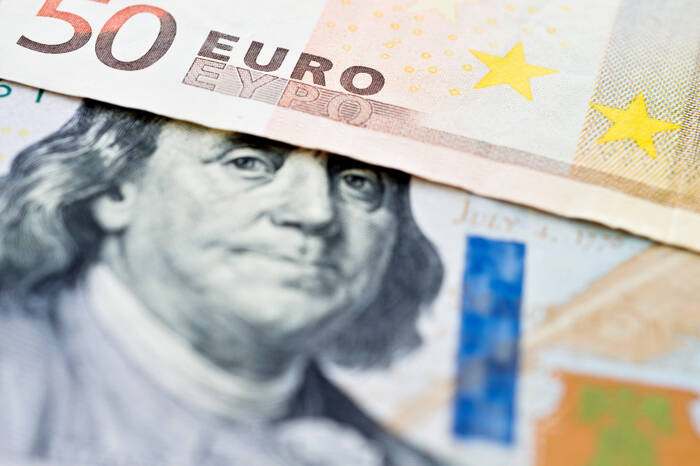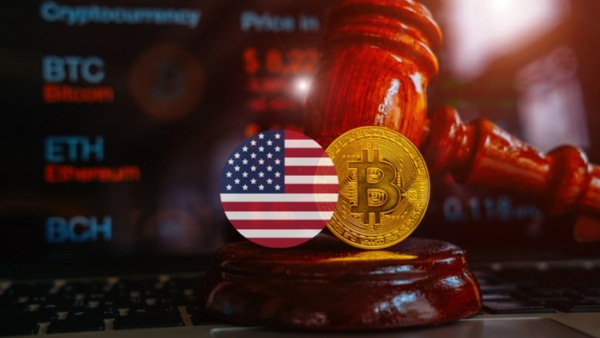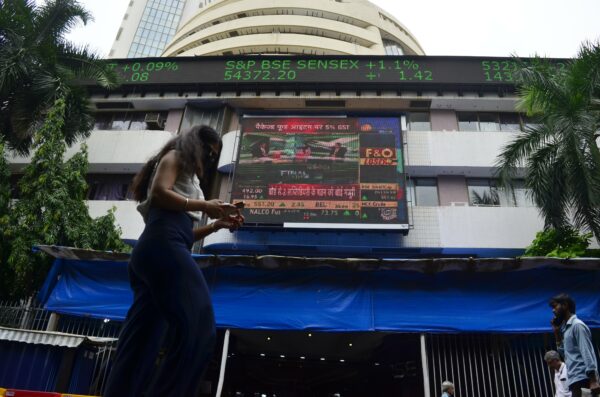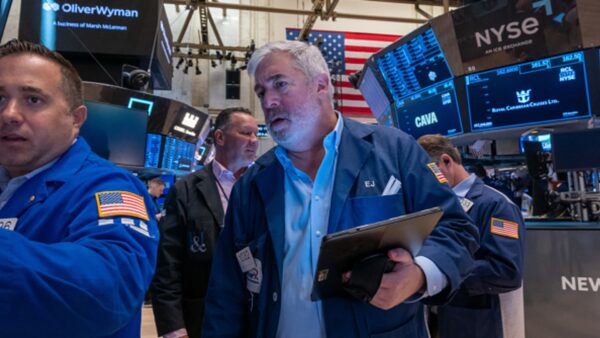EUR/USD Climbs After German Inflation Spikes, ECB Rate Cuts in Doubt

Why Did Inflation Climb?
Germany’s inflation accelerated for the third straight month, reflecting higher service costs and core inflation pressures. Core inflation, which excludes volatile food and energy prices, rose to 3.1% in December, up from 3% in November. Services inflation also inched up to 4.1%, continuing to put upward pressure on overall price growth.
Monthly inflation saw a 0.7% increase, indicating persistent pricing pressures. This follows a 2.4% annualized inflation rate in October and November, marking a return above the ECB’s 2% target since October. Energy prices, while still declining annually (-1.7%), showed a slower pace of deflation compared to previous months, contributing less to dampening inflation.
Political Uncertainty and Market Sentiment
The inflation surge coincides with heightened political instability. Chancellor Olaf Scholz’s decision to dissolve Germany’s government in November, following the dismissal of former Finance Minister Christian Lindner, has set the stage for early elections on February 23. This instability, paired with rising inflation, may sway ECB policymakers towards maintaining or tightening monetary policy longer than expected.
Market participants are closely watching how these factors influence the ECB’s stance, as persistent inflation could delay rate cuts that traders previously anticipated for mid-2025.
Euro’s Performance in Response
The euro strengthened against the dollar and other major currencies following the inflation report. Higher inflation typically fuels speculation of prolonged restrictive monetary policy, boosting the euro’s appeal relative to lower-yielding counterparts. Traders are recalibrating their expectations, pricing in fewer rate cuts for 2025 amid inflationary persistence.
This inflation print also underscores the divergence between Germany’s economic trajectory and softer inflationary trends in other eurozone countries, highlighting Germany’s outsized role in influencing broader ECB policy decisions.
This article was originally published by a www.fxempire.com
Read it HERE







